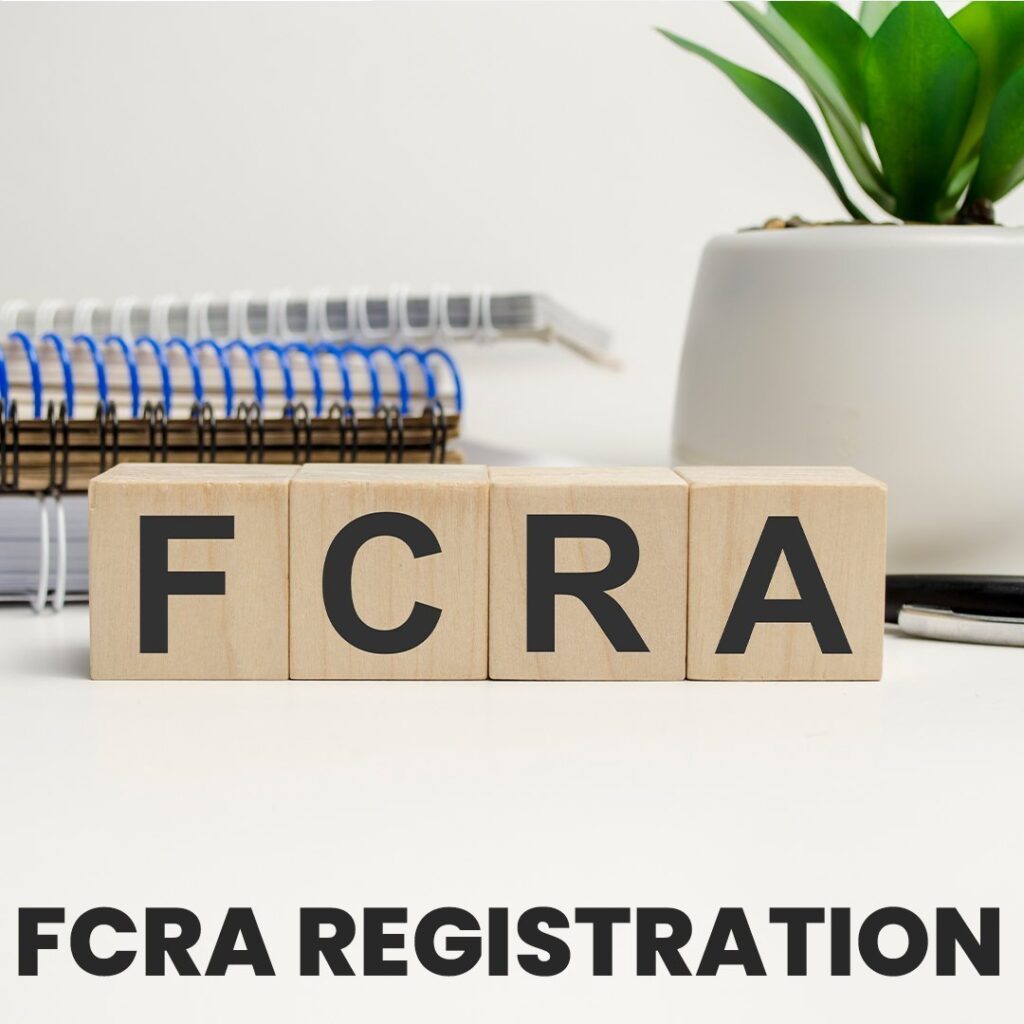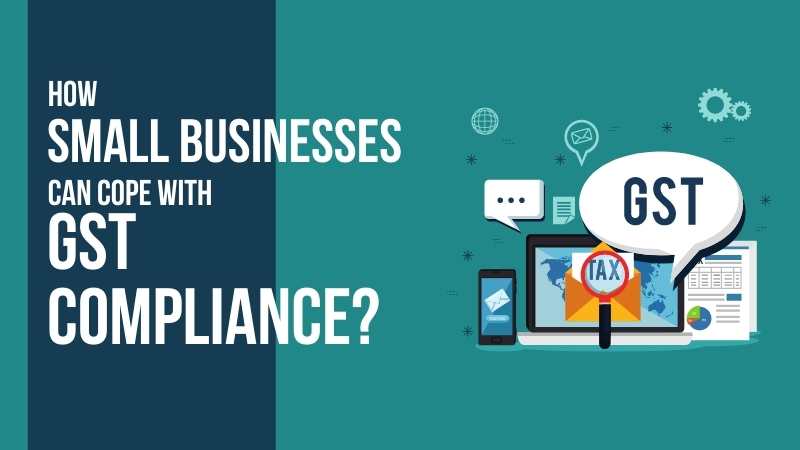
Due to various reasons, a shareholder may fail to claim their dividend from the company. As per legal requirements, the company is obligated to transfer any unclaimed dividends and shares to the Investor Education and Protection Fund (IEPF).
Let’s take a closer look at the following:
- What are the company’s legal obligations?
- What is the Investor Education and Protection Fund (IEPF)?
- How can shareholders claim their unpaid shares, dividends, or both from IEPF?
Legal Obligations: –
Section 123 to 127 of Companies Act, 2013 and SS-3 deals with the Dividend relate matters
1. Unclaimed Dividend
- Any dividend that has remained unpaid or unclaimed for a period of seven years from the date it became due for payment must be transferred to the IEPF.
- Companies are required to transfer the unclaimed dividends to IEPF once the seven-year period lapses.
2. Unclaimed Shares
- In case of unclaimed shares (for example, where shareholders have not claimed their dividends or have not updated their details), the shares are required to be transferred to the IEPF. This is applicable when the shareholder does not respond or claim dividends for seven consecutive years.
- The company must transfer such shares to the IEPF by converting them into an IEPF account.
Investor Education and Protection Fund (IEPF): –
Investor Education and Protection Fund. It is a fund created by the Government of India under the provisions of the Companies Act, 1956 (now under the Companies Act, 2013) to protect the interests of investors in the securities market and promote their education. The fund was established with the objective of safeguarding the rights of investors, especially in the case of unpaid or unclaimed dividends, interest, or shares, and using those funds for investor education and awareness initiatives.
Procedure to claim the Shares or unpaid dividend from IEPF: –
Shareholders must fill out Form IEPF-5 (Application Form for Refund from IEPF). The form can be downloaded from the IEPF portal.
Documents Required for Claiming Shares or Dividends from IEPF:
When submitting Form IEPF-5, shareholders must provide the following documents:
| Sr. No. | Particulars |
| 1 | Self-attested copy of PAN Card of the shareholder (applicant). |
| 2 | Self-attested copy of Aadhaar Card (or any other government-issued identity proof). |
| 3 | Dividend or Share Certificate details: Information regarding the unpaid dividends or shares (e.g., Folio number, share certificate number, dividend details, etc.). |
| 4 | Bank Account Details: Cancelled cheque or bank passbook showing the account details for the refund. |
| 5 | Demat Account Details (for shares): If shares are to be credited to the Demat account, the Demat Account number must be provided including CML. |
| 6 | Other documents, Indemnity bond and other if required: Depending on the specifics of the case, the company or IEPF authority may ask for additional documents (e.g., proof of the original shareholder). |
Feel free to connect at 9599561517



